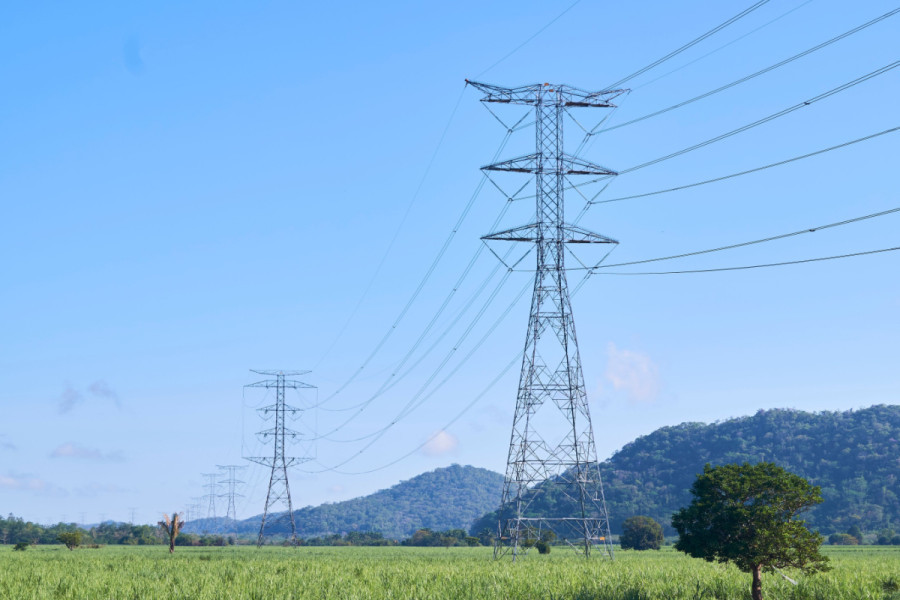Editorial
Narrow Indian lens
India wants to ensure there is no Chinese involvement, however tangential, in hydropower projects.
India’s concerns over Chinese influence in Nepal are starting to border on paranoia. The Nepali political class and the bureaucracy are well aware of India’s security sensitivities—as they should be. Nepal cannot ignore India’s vital interests as it pursues its relations with other global actors. Yet as a sovereign and independent country, it also reserves the right to deal with the rest of the world as befits its national interest. As its (only) other giant neighbour, there is no way Nepal can completely bypass China from its development process. Yet that is exactly what India desires, as has yet again become clear in its latest reservations to buying more power from Nepal. Even as the southern neighbour pledged to import over 10,000MW from Nepal over the next decade during Prime Minister Pushpa Kamal Dahal’s recent India visit, it has been putting up additional hurdles to making that happen. For instance, India now seeks financial closure details of all prospective hydropower projects in Nepal from which it is considering importing electricity. (Earlier it sought details only on investors of particular projects.) India may now seek such details even in the case of the 10 projects in Nepal from which it is already importing electricity.
The Nepal Electricity Authority (NEA) officials suspect that India wants to make sure there is no Chinese involvement, however tangential, in these projects. This puts Nepal in a difficult spot. Take the case of the 456MW Upper Tamakoshi hydropower project, which was developed by the NEA entirely through domestic resources. But then a Chinese contractor was involved in some of its civil engineering works. This apparently makes it ineligible for power-import in the Indian eyes. The problem is that Nepal’s public procurement laws bars a public entity like the NEA from discriminating against contractors from any country. With India’s refusal to even consider Nepal’s difficulties, the chances of Nepal exporting a large volume of electricity to India—or to a third country like Bangladesh via India—are low despite the euphoria created by the announcement of buying 10,000MW. As Nepal continues to await India’s approval for export from 18 new power projects with a total capacity of over 1,000MW, some of its generated power is going to waste.
Besides putting restrictive conditions on the hydropower projects the Chinese are involved with, the southern neighbour has also been cutting back on the availability of explosives it supplies from being used in infrastructure projects being implemented by Chinese contractors, resulting in delays.
India may have its own compulsions to circumscribe relations with China. But it cannot expect smaller neighbours like Nepal and Bangladesh to maintain the same level of strictness in their ties with the Middle Kingdom. Nepali politicians and bureaucrats are already well aware of the need to carefully calibrate relations with China. Their first concern is always that Indian interests should not be impinged upon while dealing with the northern neighbour. Moreover, more and more nuanced debates are happening in Nepal on the kind of engagement it needs to have with Beijing. The Chinese close embrace of Nepali communists has attracted widespread concern and condemnation. So has their tendency to lump projects under the BRI without Nepal’s approval. If India is serious about establishing itself as a credible global power, it must give its smaller neighbours some leeway to chart their own development course. Right now, hydropower has emerged as a key export item that could help Nepal tide over its ballooning trade deficit. At least when it comes to international trade and investment, it would be cruel to make Nepal choose between its neighbours.




 13.12°C Kathmandu
13.12°C Kathmandu














